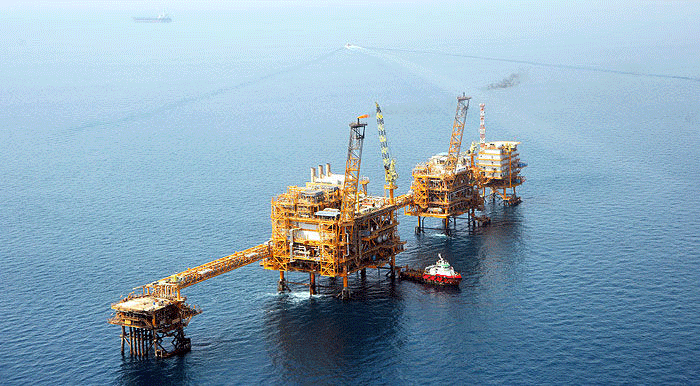Human hands, climate change damage coral reefs and their habitats
His Excellency Dr. Imad Mohammad Al-Atiqi, Minister of Oil, and Chairman of the Supreme Council for the Environment, stated that extensive use of beaches for unregulated human activities has resulted in a gradual degradation of coral reef habitats

• Beaches have become a prominent manifestation of encroachment on marine life due to plastic waste and solid objects that lead to coral reef deterioration
• The loss of reefs in the marine area stems from natural factors like overfishing and marine pollution
• 58% of vital coral reefs threatened by development and pollution. Deterioration threatens marine life and beaches, risking biodiversity loss.
• Coral reef loss leads to beach erosion, fishing industry collapse, and research halt for diseases like cancer and Alzheimer’s.
His Excellency Dr. Imad Mohammad Al-Atiqi, Minister of Oil, and Chairman of the Supreme Council for the Environment, stated that the extensive use of beaches for unregulated human activities has resulted in a gradual degradation of coral reef habitats. These habitats play a vital role in naturally protecting beaches from the impacts of storms and sea hurricanes.
In his speech at the headquarters of the Regional Organization for the Protection of the Marine Environment during the Regional Environment Day celebration, under the slogan “The effects of coral reef degradation on marine life and beaches,” Al-Atiqi emphasized the organization’s adoption of the slogan. This confirms the importance of its role in reducing risks faced by the marine environment and conducting research to develop policies addressing these challenges.
He explained that “the coral reefs that God gave us are no longer as they were, having been destroyed and vandalized by human hands, alongside other external factors, the most significant being climate change.”
He elaborated that beaches have become a prominent manifestation of encroachment on marine life due to plastic waste and solid objects that lead to coral reef deterioration. He stressed that the loss of reefs in the marine area stems from natural factors like climate change or human activities such as overfishing and marine pollution. Deliberate destruction caused by boats and yachts anchoring over them has also contributed to coral reef damage and biodiversity loss.
Al-Atiqi warned that the disappearance of coral reefs would lead to beaches becoming exposed to erosion, resulting in the loss of coastal systems. This, in turn, could lead to the collapse of various fishing industries, increasing rates of unemployment and poverty. He emphasized that their loss would also halt medical studies and research as coral reefs hold the keys to new treatments for diseases like cancer, Alzheimer’s, and heart disease.
Al-Atiqi concluded by stressing the necessity of protecting coral reefs, emphasizing that this responsibility falls on governments, environmental protection entities, and civil society institutions.
On his part, Dr. Muhammad Al-Ahmad, Executive Secretary of the Regional Organization for the Protection of the Marine Environment, revealed that over forty percent of global oil production comes from the marine environment, with 52 percent of oil tanker and other tanker shipping traffic passing through its waters. Al-Ahmad noted during the ceremony that about 58 percent of economically and environmentally important coral reefs are now threatened due to various pressures and influences, including coastal development projects and seawater pollution from marine activities like factories and sewage.
He regarded the deterioration of coral reefs as a significant threat to the marine environment and beaches. Its ongoing decline poses the risk of biodiversity loss, which would inevitably result in negative social and economic impacts on the region.
Five challenges
The Regional Organization for the Protection of the Marine Environment revealed that the region faces five challenges: pollution, overfishing, high temperatures, oil spills, and coastal development.
The reef supports 200 fish species
The organization confirmed the presence of 40 to 60 coral reef species, which support over 200 fish species and hundreds of other beneficial marine species. This ecosystem covers over 2,000 square kilometers in the ‘ROPME Marine’ area.













